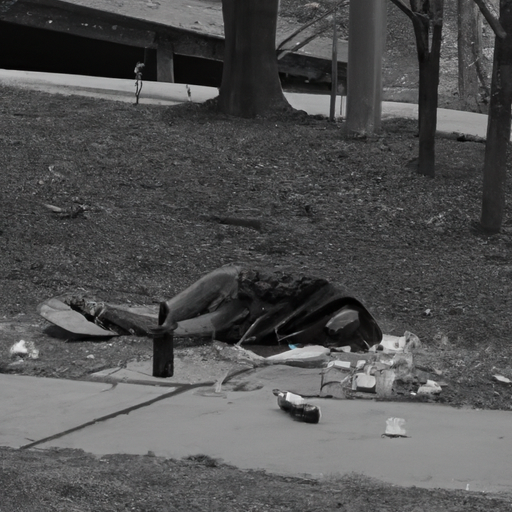An Intimate Glimpse into the Canadian Opioid Crisis
The Canadian opioid crisis remains a topic of significant national concern, causing devastating effects across communities. This public health disaster is underscored in a compelling article featured on Citynews Toronto, in which Nova Scotia Minister Zach Churchill reveals the heart wrenching impact of opioid addiction on his family.
The Effects Of The Opioid Crisis
The opioid crisis has far-reaching consequences, affecting not only individuals but also communities and the economy at large. In this article, Churchill’s candid narration of his sister’s long battle with opioid addiction underscores the depth of personal suffering it causes.
Churchill describes his sister, Amy, falling into the grip of addiction, the chaos and turbulence that ensued and even brushes with death as she overdosed multiple times. Sadly, Amy’s story is not an isolated one; thousands of Canadians are living out similar narratives every single day, shining a spotlight on the pressing need for more concerted efforts to address this crisis.
Connections between The Opioid Crisis and Homelessness
Another devastating effect of the opioid crisis is its link to homelessness; this is clearly demonstrated in Amy’s journey. Addiction pushed her into homelessness, an increasingly common outcome in Canada. The insecure housing situation, amplified by her opioid dependency, seemingly trapped her in a cycle of deprivation, exacerbating her mental health challenges. According to data from Statistics Canada, there is an alarming rise in opioid-related deaths amongst the homeless, further underscoring the nexus between opioids and homelessness.
The Rising Crime Rate Associated With The Opioid Crisis
The opioid crisis also propels crime rates as people suffering from addiction often resort to illegal activities to fund their drug habits. However, a punitive approach is rarely effective in these circumstances. Instead, our law enforcement agencies must reform their practices to engage more recovery and reformation-based approaches.
Efforts to Combat the Opioid Crisis
Thankfully, steps are being taken to counteract this crisis. The government has taken legal action against opioid manufacturing corporations. Notably, the province of Ontario joined the Canadian opioid abatement class action lawsuit, aiming to recoup costs related to the health crisis from opioid manufacturers and wholesalers. Furthermore, organizations, and front-line workers are tirelessly working to provide support and services aimed at harm reduction, recovery, and prevention.
Importantly, naloxone – a life-saving medication that can temporarily reverse an opioid overdose – has been made widely available throughout the country. Despite the progress, however, the continued prevalence of the opioid crisis underscores the importance of increased governmental action and public education.
Key Points:
- The Canadian opioid crisis has vast consequences on individuals, families, and communities.
- There is a strong link between opioid addiction and homelessness.
- Opioid addiction often leads to an increase in crime rates.
- The Government and various organizations are taking steps to combat the opioid crisis, including suing opioid manufacturers and wholesalers and increasing the availability of naloxone.
- Increased government action and public awareness are pivotal in fighting this crisis.
To conclude, the opioid crisis remains an imposing challenge in Canada, causing immeasurable suffering to those held in the grip of addiction and to their families, while also exerting significant social and economic consequences. Efforts are being made to combat this scourge, such as the Canadian opioid abatement class action and the proliferation of naloxone, but the evolving nature of this crisis necessitates ongoing commitment towards innovative, compassionate, and comprehensive solutions to bring about meaningful change.
